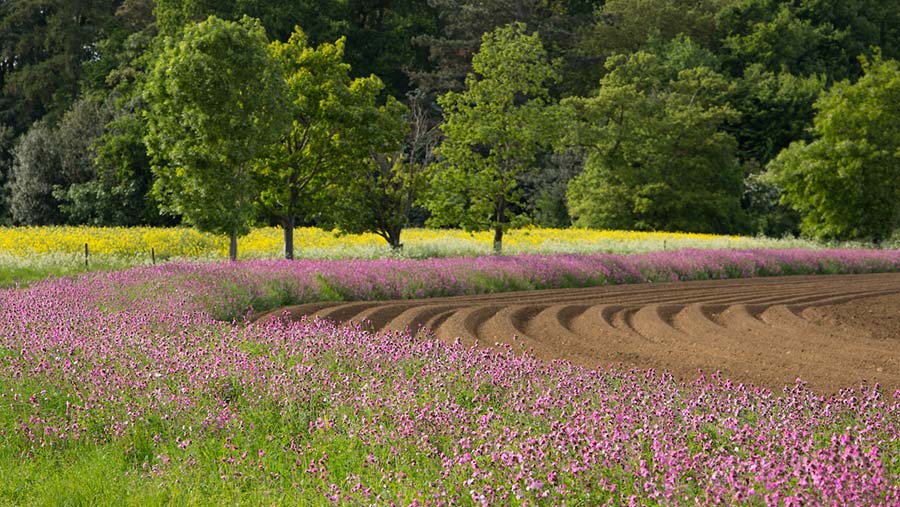CSS application window opens with simpler process promised
 © Tim Scrivener
© Tim Scrivener The 2019 Countryside Stewardship (CS) Scheme is open for applications in England, with the government claiming to have taken further steps to make the scheme less bureaucratic.
Improvements for 2019 include simplified guidance handbooks and a reduction in the amount of evidence that has to be submitted to support an application for either the mid-or higher-tier scheme.
Defra has also announced that in 2019 farmers will be able to apply for any of its non-competitive wildlife offers online, whereas in 2018 the online option was only available to arable farmers.
See also: How to assess a diversification opportunity
CSS key dates
- 18 February – CSS opens
- 31 March – Deadline for request of application pack for higher-tier scheme
- 3 May – Deadline for applications under Hedgerows and Boundaries Grant Scheme and for initial higher-tier applications
- 31 May – Deadline for request of application pack for mid-tier scheme
- 31 July – Deadline for applications for mid-tier scheme and wildlife offers
The wildlife offers were first introduced in 2018 and are simple packages of options aimed at different farm types – arable, lowland grazing, upland grazing and mixed.
‘Dizzyingly complex’
They were developed in response to complaints about the level of red tape associated with the main CS scheme, which even Defra secretary Michael Gove admitted was “dizzyingly complex” to apply for.
Claire Robinson, NFU countryside adviser, said another improvement for 2019 was the option to be able to be request an electronic application pack via the Rural Payments service.
This should mean that farmers get their application packs within hours, as in the past some have had to wait weeks.
Evidence requirements
But she stressed that the fact that farmers had to provide less evidence to support their CSS application did not mean that the amount of evidence required had reduced.
“Overall, the evidence requirement has not reduced, it is when you submit it that has changed,” she said.
“For example, farmers will need the evidence in the event of an inspection, and if they are unable to provide it, then they will face payment reclaims and penalties.”
‘Eyes open’
Ms Robinson said she hoped that the changes announced by Defra would help the scheme to run more smoothly, but she said farmers applying for a January 2020 agreement needed to go in with their eyes open.
“We are still waiting for agreements with January 2019 start dates and still waiting for payments.
“But if farmers know these issues, they can at least plan for them.”
Serious consideration
Advisers said that while the scheme has had its problems, it should not be dismissed.
Katie Hilton, an associate with Cheffins, said farmers may be tempted to take a wait-and-see approach.
“However, I would encourage them to seriously consider this new round of Countryside Stewardship funding.
“Although the easiest thing may be to do nothing, consider that this is EU money, available now, that with careful planning could provide a good return to the farm business while providing much-needed habitat and resources to our farm wildlife.”
Claire Noble, assistant land agent in the Morpeth Office of Strutt & Parker, said CSS could help to offset the drop in BPS income when payments start to fall in 2021, before the new Environmental Land Management Scheme (Elms) is widely available.
“Farmers are being told that BPS payments will be phased out from 2021 and, at this stage, it looks likely that it may be three or four years after this date before the Environmental Land Management Scheme is widely available.
“So CSS could provide a useful income stream as farmers navigate the change from direct support to payments for the provision of public goods.”
